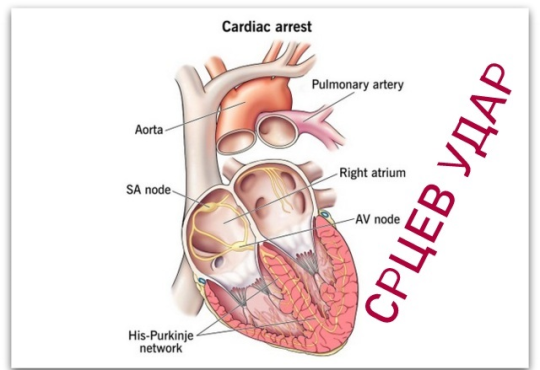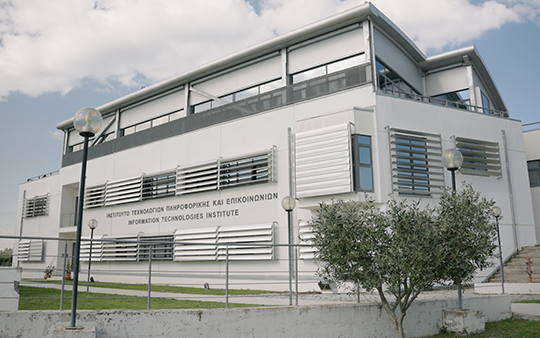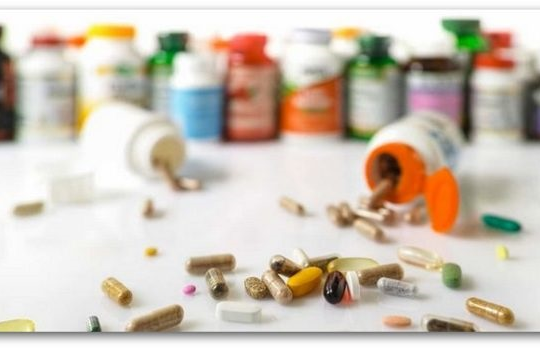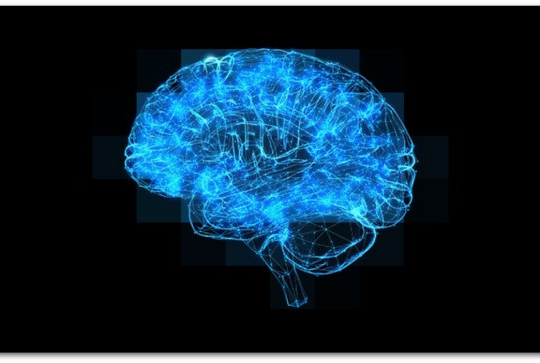
Depression is really common these days, and very often people don’t realize what’s going on when the first symptoms appear.
Well, it’s really important to focus on the warnings of depression, but also learn how to fend off it. With a few simple dietary tips you can learn which foods are good for depression and which foods can make it worse.
To begin, answer a few questions:
- Do you feel a drop in energy?
- Are you less interested in things and activities that previously gave you pleasure?
- Do you have a decreased appetite?
- Do you find it difficult to focus on tasks?
- Do you need to isolate yourself from the world?
- Do you feel a lack of happiness and zest for life?
- Do you feel anxious all the time?
If you answered “Yes” to more than 3 questions, that’s okay. Knowing that something is wrong is only the first step. These symptoms are messages that your body sends you in order to tell you that depressive processes are starting. Depression is a medical condition that is very different from normal low mood or sadness after an unpleasant event.
It is possible to overcome depression on your own, but it is not always easy and can be dangerous. Well, keep in mind that these tips are in no way a substitute for professional medical care.
So what happens to your body?
If there are no physical changes in the brain that are easily seen with a scan, you are probably experiencing one or more of the following:
Differences and changes in neurotransmitters in your brain: These chemicals are responsible for exchanging information between brain centers and the body. It is often thought to be hormones, which also play a role in depression. When this balance does not exist, depression is a fact.
Hormonal change
This can be caused by various diseases related to the thyroid gland, menopause, menstruation or other health conditions.
Inheritance
Those who suffer from depression often have relatives and family members with a similar nature.
Traumatic life experiences
Often emotional traumas result in the unlocking of unwanted psychological symptoms. These events can include the loss of a loved one, financial problems, extreme stress, childhood injuries, and the like.
Nutritional errors
An unhealthy diet and infrequent drinking of water can be the cause of an imbalance in biochemistry that leads to depression.
Who is at risk of depression?
Statistically, women suffer from depression more often than men. Women naturally produce less serotonin. This chemical is called the “happiness hormone” because it causes such a feeling.
What is the connection between food and depression?
Serotonin is the main character in this story. People believe that it is produced only in the brain, but this is wrong. Only 10% of its production is brain work. Everything else is synthesized by cells in the digestive system. It is precisely because of this that food has a great influence. If you suffer from depression, avoid the following foods:
1. Refined sugar
The rapid rise and fall of blood sugar is associated with mood swings. This has a bad effect on the biochemical balance.
2. Artificial sweeteners
These sweeteners stop the production of serotonin causing mood swings, headache and insomnia.
3. Trans fats
They clog the arteries and prevent blood from reaching the brain.
4. Alcohol
This is the biggest depressant of the nervous system.
5. Caffeine
Some people have sleep problems that cause mood swings. In addition, tremors, anxiety and irritability may occur.
6. Genetically modified food
These foods are made to be resistant to bacteria, so they often destroy some of the red flora that are key to the production of some amino acids, such as tryptophan. This is the main “material” for serotonin
So what are the foods that will help you deal with your depression?
1. “Good” bacteria
Give your body enough good bacteria as fermented foods. It is best if it is homemade to avoid too much salt and acid.
2. Vitamins and minerals
Important for your mood are some carotenoids, antioxidants, vitamin C and B vitamins.
3. Capers
This is the plant richest in the flavonoid quercetin. Any plant with a bright yellow color has this ingredient.
4. Chocolate
Chocolate increases the level of “happy” chemicals in our body. But you need to consume unprocessed chocolate, or cocoa powder. Cacao is fermented and at the same time is rich in many minerals.
5. Omega 3 fatty acids
They are a major factor in regulating brain health and mood.
6. Tryptophan
You can find it in cocoa, sesame, eggs, meat, spirulina, almonds and chickpeas.
7. 5-Hydroxytryptophan
This is a chemical that is not found in food, but it has a good effect on depression.
8. Radio
This reduces the breakdown process of serotonin.
9. Herbs
Especially St. John’s wort, which is the most famous herb used for depression. It has been used for centuries to make medicines for depression, sleep problems and anxiety. If you are taking any medication for your depression, consult your doctor before taking any herb.








